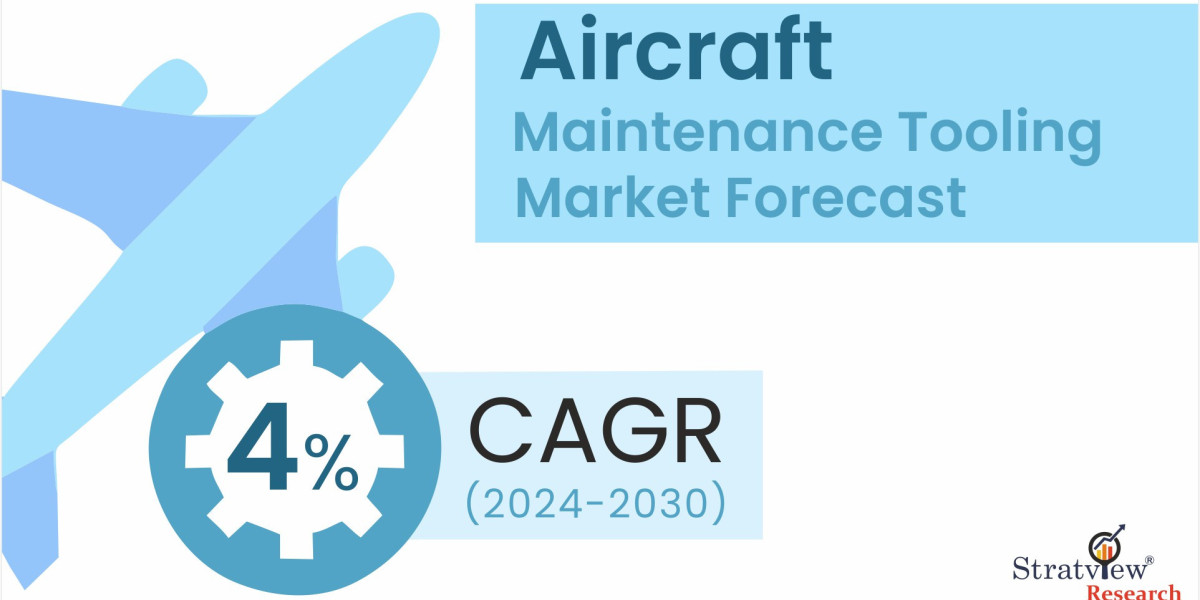Understanding and supporting child development in Africa is crucial for building a brighter future for the continent. With diverse challenges and opportunities, focusing on child development can lead to significant improvements in the lives of millions. This article explores the current state of child development in Africa, the factors influencing it, and how individuals and organizations can make a difference.
The State of Child Development in Africa
Current Statistics and Trends
Child development in Africa varies significantly across the continent. Recent statistics highlight both progress and persistent challenges. For example, while enrollment in primary education has increased, there are still millions of children who lack access to quality education. Similarly, improvements in health have been seen, but many children continue to suffer from malnutrition and disease.
Major Challenges Facing Child Development
Challenges such as poverty, inadequate healthcare, and limited educational resources pose significant barriers to child development. These issues are often compounded by regional disparities, with children in rural areas facing more severe obstacles compared to their urban counterparts.
Regional Variations in Child Development
Africa is a diverse continent with varying levels of child development across regions. Northern Africa generally has better access to education and healthcare compared to Sub-Saharan Africa. Understanding these regional differences helps in tailoring interventions to meet specific needs.
Key Factors Influencing Child Development
Nutrition and Health
Nutrition is a critical factor in child development. Malnutrition can lead to stunted growth, developmental delays, and increased susceptibility to illness. Ensuring children have access to nutritious food and proper healthcare is essential for their physical and cognitive development.
Education and Learning Environments
Quality education plays a pivotal role in child development. Children need access to well-resourced schools, trained teachers, and a stimulating learning environment to reach their full potential. Early childhood education is particularly important as it lays the foundation for future learning and development.
Socioeconomic Factors
Socioeconomic status significantly influences child development. Families with higher income levels generally provide better nutrition, education, and healthcare for their children. Addressing economic disparities is key to improving child development outcomes.
Family and Community Support
Family and community support are crucial for healthy child development. Positive family interactions, supportive communities, and safe environments contribute to emotional well-being and developmental success. Community programs that involve parents and caregivers can enhance the impact of educational and health initiatives.
Impact of Poverty on Child Development
Effects on Physical and Cognitive Development
Poverty affects various aspects of child development. Physically, children in poverty are more likely to experience malnutrition and poor health. Cognitively, they may face barriers to accessing quality education and learning resources, leading to developmental delays and lower academic achievement.
Access to Basic Services
Access to basic services such as clean water, sanitation, and healthcare is often limited for children in impoverished areas. This lack of access exacerbates health issues and hinders overall development. Improving infrastructure and service delivery is essential for supporting child development.
Long-Term Consequences
The long-term consequences of poverty on child development can be severe. Children who grow up in poverty are more likely to face challenges in adulthood, including lower educational attainment, reduced earning potential, and poor health. Addressing these issues early can help break the cycle of poverty.
Role of Education in Child Development
Access to Quality Education
Access to quality education is fundamental for child development. Schools need to be well-equipped and staffed to provide a conducive learning environment. Ensuring that all children, regardless of their background, have access to quality education is a priority for improving developmental outcomes.
Early Childhood Education Programs
Early childhood education programs are crucial for laying the foundation for future learning. These programs support the development of essential skills, including literacy, numeracy, and social interaction. Investing in early education can yield long-term benefits for children's development and academic success.
The Importance of Teacher Training
Teacher training is vital for delivering effective education. Well-trained teachers are better equipped to engage students, manage classrooms, and implement innovative teaching methods. Providing ongoing professional development for teachers enhances the quality of education and supports child development.
Health and Nutrition: The Foundation of Development
Addressing Malnutrition and Hunger
Malnutrition and hunger are major issues affecting child development in Africa. Programs that provide nutritious meals, educate families about proper nutrition, and support agricultural development can help alleviate these problems and improve children's health and development.
Health Care Access and Services
Access to healthcare services is essential for preventing and treating illnesses that can impact child development. Ensuring that children receive regular check-ups, vaccinations, and treatment for diseases is critical for maintaining their health and supporting their growth.
Vaccination and Disease Prevention
Vaccination programs play a key role in preventing infectious diseases that can have serious consequences for child development. Increasing vaccination coverage and promoting disease prevention measures are crucial for protecting children's health and ensuring their developmental progress.
Government and NGO Initiatives for Child Development
National Policies and Programs
Governments in Africa are implementing various policies and programs to support child development. These include initiatives aimed at improving education, healthcare, and social services. Effective policies can create an environment that promotes the well-being and development of children.
Successful NGO Projects and Interventions
Non-governmental organizations (NGOs) are also making significant contributions to child development through targeted projects and interventions. Examples include programs that provide school supplies, offer health services, and support community-based initiatives. Collaboration between NGOs and local communities can enhance the impact of these efforts.
Collaborations Between Governments and NGOs
Collaborations between governments and NGOs can amplify the reach and effectiveness of child development programs. By working together, these entities can pool resources, share expertise, and implement comprehensive strategies to address the diverse needs of children across Africa.
The Role of Technology in Enhancing Child Development
Educational Technology and E-Learning
Technology offers new opportunities for enhancing child development through educational tools and e-learning platforms. These technologies can provide access to quality educational resources, support remote learning, and facilitate skills development.
Mobile Health and Nutrition Applications
Mobile applications focused on health and nutrition can offer valuable information and support to families. These apps can provide guidance on healthy eating, track growth milestones, and offer access to medical advice, helping to improve child health and development.
Access to Information and Resources
Technology also helps increase access to information and resources. Online platforms can connect families with educational materials, health information, and support services, making it easier to access vital resources that contribute to child development.
Conclusion
Child development in Africa is a multifaceted issue involving various factors such as education, health, and socioeconomic conditions. Addressing these challenges requires a concerted effort from governments, NGOs, and individuals. By supporting initiatives that enhance education, improve health care, and provide essential resources, we can make a significant impact on the lives of African children. Every effort counts towards creating a brighter future for the continent's youngest generation.


